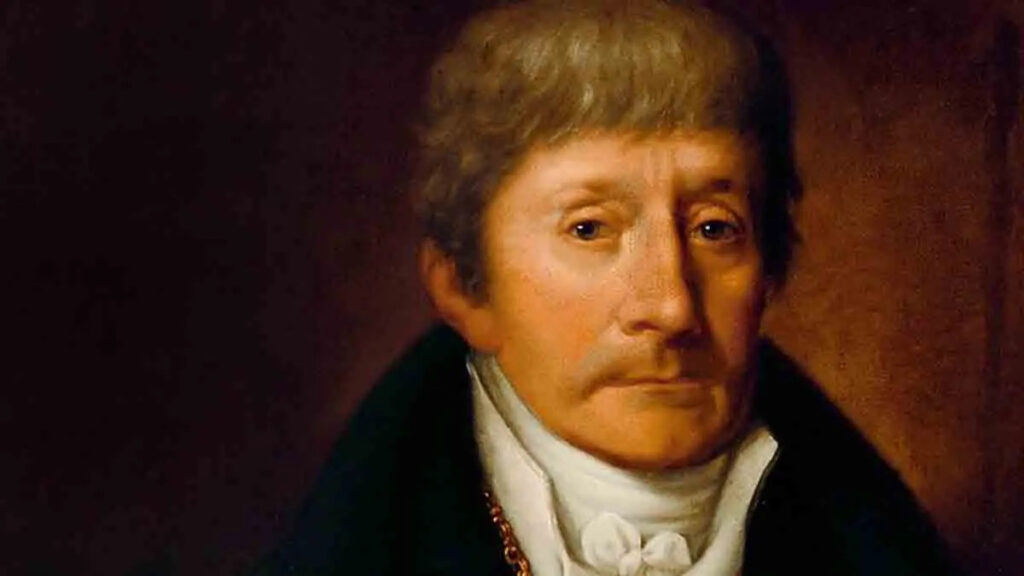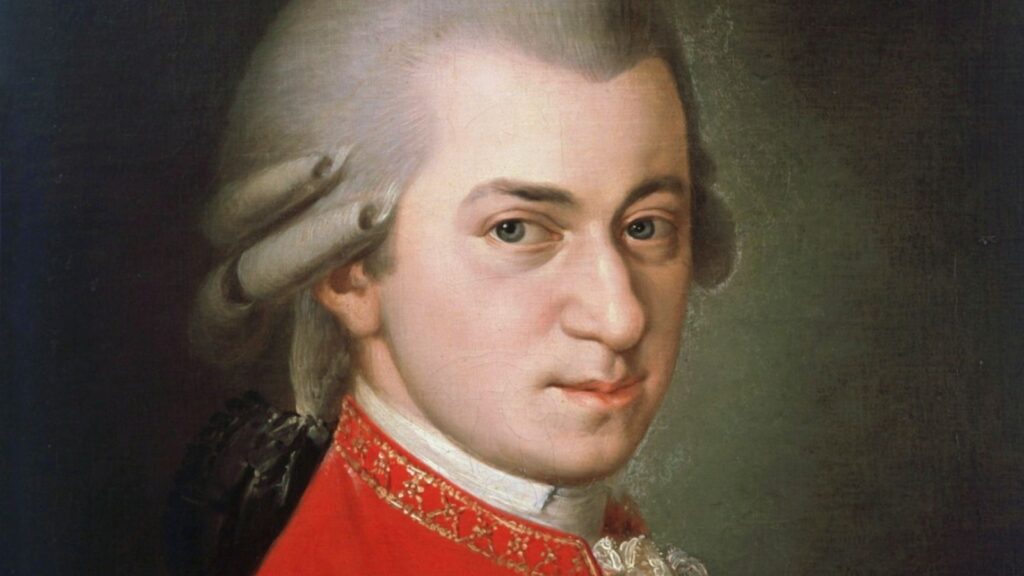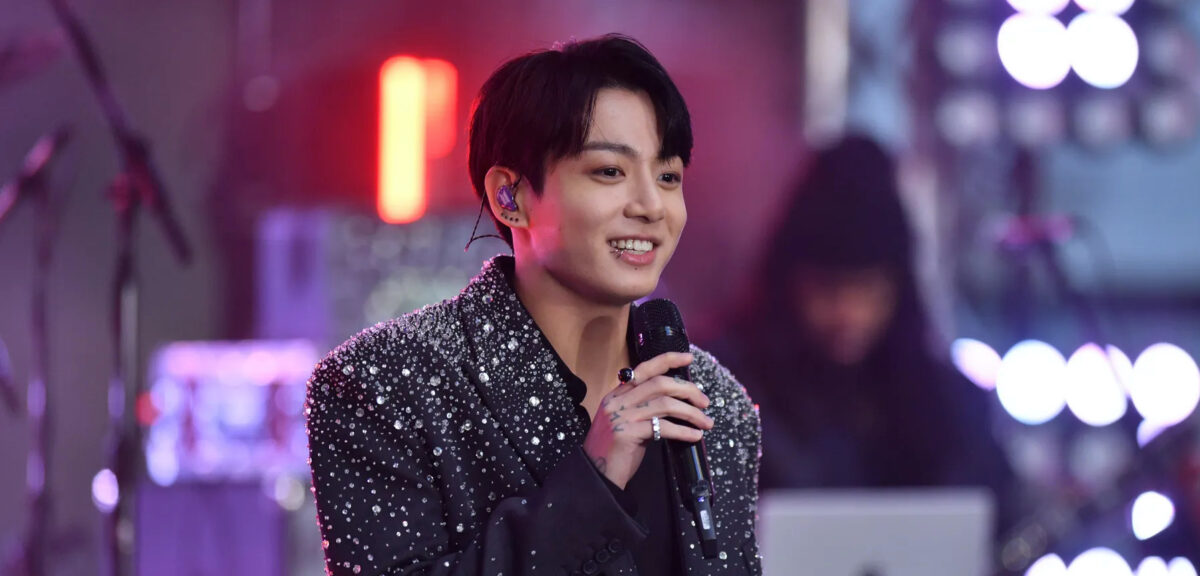My Time
This song is JK’s reflective, sincere letter to himself, about the disjunction between his thoughts and his reality, the unsettled feelings and emotions, and a pensive hope to “find his time.”
(translated in 2020)
One of my all-time favorite films is Miloš Forman’s “Amadeus,” an adaptation of the brilliant British playwright Peter Schaffer’s broadway play. In this fictional story, Antonia Salieri, one of the greatest composers of opera in the 18th century, upon meeting the young and brash Wolfgang Amadeus Mozart and realizing the exquisite precision—almost mathematical—and incomparable beauty of Mozart’s music, becomes enraged at God for offering the divine talent to Mozart and awarding him only the ability to recognize such genius. In his quest to take revenge against God for this unfairness, he plots and schemes to brand Mozart’s music as immaterial, and even manipulates the Viennese musical society in hopes of making Mozart a pariah.

Of course, all of this is untrue. Salieri was not mediocre and did not need to be jealous of any other musician. At the time, he was universally celebrated in Europe as a gifted composer. He seemed to have adored his life as a musician and was a generous teacher, whose pupils included Beethoven and Schubert, two students of little means he taught for free until they could pay for their lessons. He even trained Mozart’s son many years after the death of the peerless composer.
Salieri

Furthermore, Mozart died soon after Salieri became the Austrian Imperial Kapellmeister, so their interactions at the court, unlike in the film, were limited at best. Most importantly, although Mozart didn’t care for the influence that the Italian composers like Salieri held over in Vienna when he first arrived there from Salzburg, he later became friends with Salieri. They supported each other’s work, even collaborating on some compositions together.
There is one thing that the film gets right, though: Mozart is portrayed as a socially-inept and childish person with a penchant for scatological humor (toilet humor). Margaret Thatcher, after having watched the play in a London theatre, in the 70s, showed her displeasure to the production director by arguing that a man who wrote such ethereal music could not have engaged in dirty and vile humor. After the film version was released in the 80s, some WASP conservatives such as George Will, a famous American political pundit, joined the chorus, incensed that the film dared to show Mozart, the paradigm of the Western superiority, as a foul-mouthed buffoon. But the proof of the pudding is in the scatological music pieces he composed and all the letters with toilet humor that Mozart wrote to his family members and cousins.

How can a person who created the most elegant and exquisite music in human history could have been so immature? I think the answer is rather simple. Leopold Mozart, the father, was a capable musician in his own right but did not even remotely belong in the same realm as the one Bach and Haydn occupied at the time. When he realized that his daughter (Maria Anna Mozart was a gifted musician in her own right but the cutoms of the era dictated her parents to disallow her from continuing her career when she reached a marriageable age) and young son had gifts for music, he found a way to make money and live vicariously through his young son’s god-given talents. From a young age,
Mozart was paraded around Europe to perform in the royal courts and other esteemed venues. Leopold also related fantastic tales of Mozart composing minuets at age five, a symphony at age seven, and a full-scale opera at age twelve. Some scholars now contend that Leopold may have embellished the story, but there is no question that Mozart was a precocious genius.
Because his schedule was consumed with performances and music composition at an early age, Mozart was taught at home by his father and lived a life much different from the one lived by the people in his age. He never had the opportunity to grow socially and mature like the average person. He may have been a musical genius, but due to the upbringing, his adulthood was characterized by struggles in social interaction and repetitive patterns of certain awkward behaviors, including his enjoyment of puerile toilet humor. Mozart’s music became more sublime as he aged, but his maturity, socially and emotionally, may have been stuck at age ten.
It’s no wonder that he had difficulties keeping a longterm job and was often financially strapped even though he composed and performed in prodigious rate. When he died, he was interred in a ‘common grave,’ where common people were buried, in accordancd with contemporary Viennese custom. Only a few mourners attended his burial, one of them Salieri. He was not an aristocrat, but given the fact that all the other prominent musician were buried with monuments with proper memorial services, it tells that Mozart’s end was a lonely, impoverished one.
The music history is littered with famous people whose childhood prodigy-ness or early professional success does not lead to a life of happy, stable adulthood. The significant price they pay—the loss of normal life, especially the stoppage of social interaction other than with a very few, much-older colleagues and acquaintances in their circles, which hampers social and emotional growth—is indeed heartbreaking. Michael Jackson, the Mozart of the 20th century embodies that.
I am not in any way equating Jungkook to Mozart, but by all accounts, he seems to have avoided the pitfalls of the boyhood spent away from his parents and friends in search of artistic glory and early fame. JK had just turned fourteen years old when he joined Big Hit as a trainee and had to forfeit his heretofore regular life—growing up at a loving home in Busan, a port city as far from Seoul as any other place in South Korea, eating his parents’ food, attending regular schools, and hanging out with his older brother and the school and neighborhood friends—and has spent all his adolescent years with one single goal in mind, to become a successful artist by investing all his time, energy, and passion to his craft.
JK has now become a household name and is the main vocalist of the world’s most successful group, its ascendancy showing no signs of tapering. Yet, from his BTS comrades to everyone else who has ever met or worked with him, they all extol JK’s emotional maturity. Even though he’s the maknae, some members have even intimated, in a jocular way, that sometimes JK acts more like a hyung, always comforting and giving encouragement to a member who may be having a tough day.
He does not display a selfish belief that everything revolves around him, nor does he lack empathy; self-indulgence and indifference to others’ feelings are perhaps two of the most common traits shared by almost all the artists who have achieved fame at an early age. It’s as if his years spent away from his parents and older brother and friends, instead of stunting his social and emotional growth, have facilitated and spurred his maturity as a responsible and thoughtful adult.
I believe JK’s working and living with kind, nurturing, and introspective hyungs, especially the most influential members, the eldest Jin and the leader RM, have much to do with his emotional growth and stability. Furthermore, Bang PD’s take-no-BS approach has also probably helped to keep him grounded. The immense love and close relationship shared with his parents is another big reason for JK’s mental development and maturation.
“My Time” is JK’s reflective, sincere letter to himself, in a similar fashion that “Inner Child” was for V. It’s a beautiful poem (don’t let the English lines in the lyrics fool you; the Korean lines, however few there may be, are cerebral with sophisticated expressions and beautiful imageries, written by him with RM) about the disjunction between his thoughts and his reality, the unsettled feelings and emotions, and a pensive hope to “find his time.”
Let me go over all the Korean lines of the song:
In the first line of the first verse, he expresses that “누구보다 더 빨리 어른이 된 것만 같아 (I came of age perhaps earlier than all others),” to lament the adolescence lost due to his pursuit of artistic glory. He continues with this theme in the third line when he adds that “해 뜨는 곳으로 달렸어 every single night. (I was off to a place with different time zone (literal translation: I ran towards the place of sunrise) every single night).” This and the next line, “누구의 내일에 가봤던 것도 같아 (Sometimes I would lose a day (literal translation: I may have been to someone else’s tomorrow)”), are figuratively written to underscore how hectic his days were(and still are), which often forced him to travel all over the place.
In the fifth line, he admits that the grueling schedule took a toll on him: “온 세상이 너무 컸던 그 소년 (In the beginning, the workload was backbreaking (literal translation: The world was too vast for that kid).” This sentiment is repeated in the ninth line when he contemplates, “But, 너무 빠른 건지 놓쳐버린 흔적이 (But, am I losing what’s important in life in my frenetic pursuit of stardom?).” The final line of the first verse is my favorite part of the song: “왜 나만 다른 시공간 속인 걸까 (Why do I exist in a different time zone and space from my family and friends) (literal translation: Why am I the only one inside of different space-time).”
The second verse serves as a twin to the first one, with equally pensive lines indicating disjointed and unsettled emotions. In the third and fourth lines, JK laments that “나도 모르게 커버린 어린 나/ 길을 잃어버린 어린아이처럼 (I’m baffled how I grew up so fast/ I feel like a kid still in my little world).” Interestingly, in the fourth line, JK uses the word “잃어버린 (iht-uh-buh-lihn) (lost)” as a metaphor; thus, the line, which in literal translation is “Like a kid who got lost,” cleverly becomes “(although I’m an adult) I still feel like a kid.” Such a thought has him bewildered in the sixth line: “서성대는 이 느낌 (My head is spinning) (literal translation: This feeling of pacing)”). This verse also ends with “Why do I exist in a different time zone and space from my family and friends.”
In the first and second verses of the bridge, JK, despite his restless emotions, comes to grips with himself: “때론 나의 숨 막힐 때면/ 모잘 눌러쓰고 계속 달려 (When I feel overwhelmed with my emotion (literal translation: Sometimes, when I feel like suffocating)/ I pull down the cap and start running without rest).”
In conclusion, the Korean lines are so good that it would have been much better if most of the lyrics were written in Korean, like Jin’s “Moon.” However, I still love it as it is, for the sincerity and meditativeness found in the lyrics, from a person who has evolved from a young teenager into a thoughtful and responsible adult, and a damn good singer.

